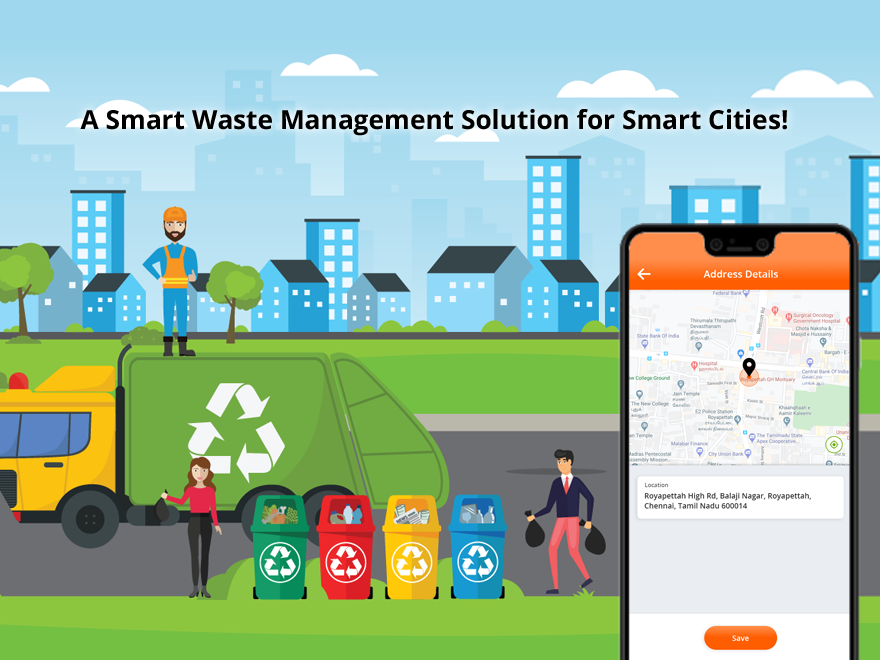

Out of the 160 respondents, around 70 % respondent produce more than 1 garbage bags per week out of which only 26% of garbage is being recycled. We tried to understand some of the major concerned areas need to be resolved for better implementation of Smart Waste Management, areas like challenges, acceptance rate and awareness for Smart waste management application.


Smart waste management is one of the pillar of Smart city initiative. All cities, irrespective of their geographical location, size, economic level, spend huge amount of money every year for waste collection. The smart waste management mainly evades the congested collection of waste generated domestically which creates problems to manage its disposal. This concept is compatible mainly with the idea of smart cities. The idea of smart waste management is implementable in cities where waste production is considerably high but the effort put to control it is comparatively very low. It helps in auto-management of waste without human interaction in order to maintain a neat and clean environment. In order to overcome all these problems, the idea of smart waste management system came into picture. The conventional way of manually monitoring the wastes in waste bins is very critical, inconvenient process and requires more human effort, time and cost which is not suitable with the present day technologies Improper management of waste typically environmental waste, industrial waste and domestic waste is a root cause for many of the human problems such as various diseases, pollution and has severe effects on the hygiene of living beings. Most difficult task for the service provider is the waste collection process.


 0 kommentar(er)
0 kommentar(er)
